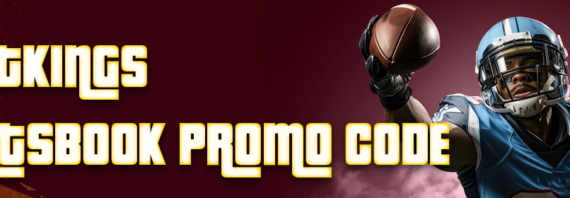State Senator Roger Chamberlain (R-District 38) supports the idea of legalizing sports betting in his state of Minnesota. When addressing the Senate Tax Committee about his bill, Chamberlain started off the hearing with a rather interesting statement.
“It’s a profession, it’s entertainment, people have opinions about sports, just like they have an opinion about what they are going to have for dinner or whether they are going to eat Twinkies or HoHos,” Chamberlain said to the Senate Tax Committee.
On Thursday the committee voted 5-2 to move forward with SB 1894, a bill that would legalize sports betting on tribal lands as well as two horse racing tracks in the state. Next up for the bill is the Senate’s State Government Committee.
The purpose of Thursday’s hearing was to discuss the financial aspects of the bill, nothing more. While Chamberlain called no witnesses to support his bill, three people were there to oppose the bill, John McCarthy of the Minnesota Indian Gaming Association, Anne Krisnik of the Joint Religous Legislative Coalition and Jake Grassel of the Citizens Against Gambling Expansion.
The state’s tribes are worried that the introduction of mobile sports betting will cut into the business at their brick-and-mortar facilities. Furthermore, they fear that they will have to renegotiate their tribal-state compacts, something that they don’t want.
A representative for the Minnesota Indian Gaming Association sent a letter back in January to Governor Tim Walz, as well as Speaker of the House Melissa Hortman, House Minority Leader Kurt Daudt, Senate Majority Leader Paul E. Gazelka and Senate Minority Leader Tom Bakk. The letter states:
Dear Governo Walz, Speaker Hortman, Senator Gazelka, Representative Daudt, and Senator Bakk:
In advance of the 2019 Minnesota legislative session, there has been considerable speculation about the prospects of legalizing and regulating sports betting in Minnesota. While there is a desire by some to consider this matter during the present session, in seems that the public interest would be best served first by careful study of sports betting’s implication in this state, examination of other states’ experiences where sports betting has been legalized, and thorough consultation with the large number of stakeholders interested in it.
On behalf of the Minnesota Indian Gaming Association and its member tribes, I write to share with you our official position on this issue” The Minnesota Indian Gaming Association continues to oppose the expansion of off-reservation gambling, including the legalization of sports betting.
Our tribal representatives look forward to working with you, other legislators, and your staffs on this and other issues of interest to the sovereign Native tribal nations in Minnesota and the people of the state.
McCarthy went on to reiterate these points at Thursday’s hearing. “The tribes have invested in their brick-and-mortar facilities,” he said. “They are the economic lifeblood of reservations. … An issue I have not heard discussed is the bill’s mention of taxes for tribes. That is not something authorized by the federal government.”
Chamberlain was quick to address the fact that the tax rate was in the bill was due to the fact that the bill includes horse racetracks. However, tribes in many other states, such as Connecticut, pay a percentage of gaming revenue to the state.
Since Thursday’s hearing was solely for financial purposes, any concerns about tribal-state compacts will be addressed at another time. Chamberlain’s bill does call for a renegotiation of the compacts.
“If the tribes take part, and I hope they do, many people will see it as an accessory to what they already offer,” Chamberlain said. “The tribes would have to enter into a (new) compact with the state. We would suggest revenue sharing in a new compact. But there are two horse racing facilities in this, and they would be subject to regular tax.”
The tax rate proposed in the bill is 6.75 percents on adjusted gross revenue, which is the same as Nevada. Aside from the 0.25 percent federal excise tax, sports betting would not be subject to any other state taxes. Chamberlain knows that Minnesota won’t necessarily make a large amount of revenue from sports betting, but the goal is just to offer the option to residents.
At a 6.75 percent tax rate, Chamberlain suggests that the state could expect around $7 million in tax revenue.
Among the others who oppose the bill, Grassel and Krisnik both stated the financial costs of legalized sports betting. Krisnik cited a 2008 U.S. International Gambling Report that revealed that it costs the government $3 in social welfare spending for every dollar that gambling generated.
In Minnesota, 0.5 percent of gaming revenue is earmarked for problem gambling services, Chamberlain’s bill calls for the same amount.
Chamberlain’s bill is one of two sports betting bills in the state. Representative Pat Garofalo (R-District 58B), who has been a big advocate of legal sports betting in the state, introduced HB 1278 on February 18. Garofalo’s bill would allow for tribal sports betting only. The bill was referred to the House Commerce Committee and is still waiting on a hearing date.
The Minnesota legislative session ends on May 21.



